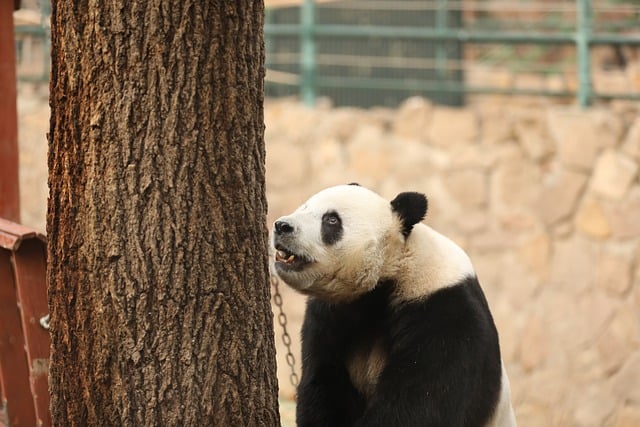lucky club ⚽ The Phenomenon of Lucky Clubs: Unpacking the Psychology of Collective Belief and Fortune

The Phenomenon of Lucky Clubs: Unpacking the Psychology of Collective Belief and Fortunelucky club
In recent years, the concept of "lucky clubs" has emerged as a fascinating subject for sociologists and psychologists alike. These informal collectives of individuals who congregate under the shared belief that their unity can attract good fortune have become increasingly prevalent across various cultures. The interplay between social dynamics and personal beliefs within these clubs raises intriguing questions about the nature of luck, community, and human psychology.lucky club

At the core of the lucky club phenomenon is the psychological principle of collective belief. When individuals come together to form a group, they often experience a sense of shared identity that can amplify their personal beliefs and superstitions. The hypothesis here is straightforward: when members of a lucky club collectively embrace the idea of luck, they may enhance their individual perceptions of fortune. This aligns with the well-documented psychological effect known as the "placebo effect," where belief in the efficacy of a treatment—be it medicinal or superstitious—can lead to real, tangible outcomes.lucky club
In many cases, these clubs are characterized by specific rituals, symbols, and practices that members believe enhance their luck. For instance, some lucky clubs might engage in activities such as group meditations, communal games, or even specific dietary practices that are thought to attract good fortune. These rituals serve not only to reinforce the belief in luck but also to solidify bonds among members, creating a supportive community that fosters a positive mindset.
The social aspect of these clubs cannot be understated. Social psychology teaches us that human beings are inherently social creatures who thrive on interaction and communal experiences. Being part of a group can provide emotional support, boost morale, and enhance individual confidence. In the context of a lucky club, the shared belief in luck can generate a collective optimism that individual members may find difficult to sustain alone. This communal optimism can lead to increased engagement in activities that are perceived as "lucky," thereby creating a self-fulfilling prophecy where belief in luck translates into positive experiences.
However, the phenomenon of lucky clubs also raises important questions about the boundaries of belief and the potential for cognitive biases. Cognitive psychology highlights several biases that can influence how individuals interpret their experiences. For instance, the confirmation bias leads individuals to focus on evidence that supports their beliefs while disregarding contradictory information. In the context of a lucky club, members may selectively remember instances of good fortune that they attribute to their collective rituals while overlooking events that do not align with their belief system.lucky club
Moreover, the Dunning-Kruger effect illustrates how individuals with limited knowledge or understanding of a subject may overestimate their competence. This effect could manifest within lucky clubs, as members might believe that their collective luck can influence outcomes beyond their control. This overconfidence can lead to risky behaviors, such as gambling or taking financial risks, under the assumption that their good fortune will prevail.lucky club
Despite these psychological complexities, the rise of lucky clubs can also be viewed through the lens of cultural significance. Many societies have long-standing traditions that celebrate luck, fate, and superstition. The resurgence of lucky clubs may reflect a collective yearning for connection and meaning in an increasingly uncertain world. In times of crisis or upheaval, individuals often seek solace in shared beliefs and communal practices that provide a sense of control over an uncontrollable environment.
Interestingly, the emergence of technology has also influenced the dynamics of lucky clubs. Online platforms and social media have allowed individuals to connect with like-minded people across geographic boundaries, enhancing the reach and impact of these collectives. Virtual lucky clubs can now thrive, bringing together members who share a belief in luck, regardless of their physical location. This digital transformation has created new avenues for collective belief and community engagement, further solidifying the role of technology in shaping human interactions.lucky club

In conclusion, the phenomenon of lucky clubs encapsulates the intricate relationship between belief, community, and psychology. While the empirical evidence for luck remains elusive within scientific discourse, the social and psychological implications of these collectives are profound. They exemplify the human desire for connection, the power of shared belief, and the complexities of cognitive biases that shape our perceptions of fortune. As society continues to navigate uncertainty, the allure of lucky clubs may persist, reminding us of the enduring human quest for luck and the comfort of collective belief.lucky club
Fale conosco. Envie dúvidas, críticas ou sugestões para a nossa equipe através dos contatos abaixo:
Telefone: 0086-10-8805-0795
Email: portuguese@9099.com


